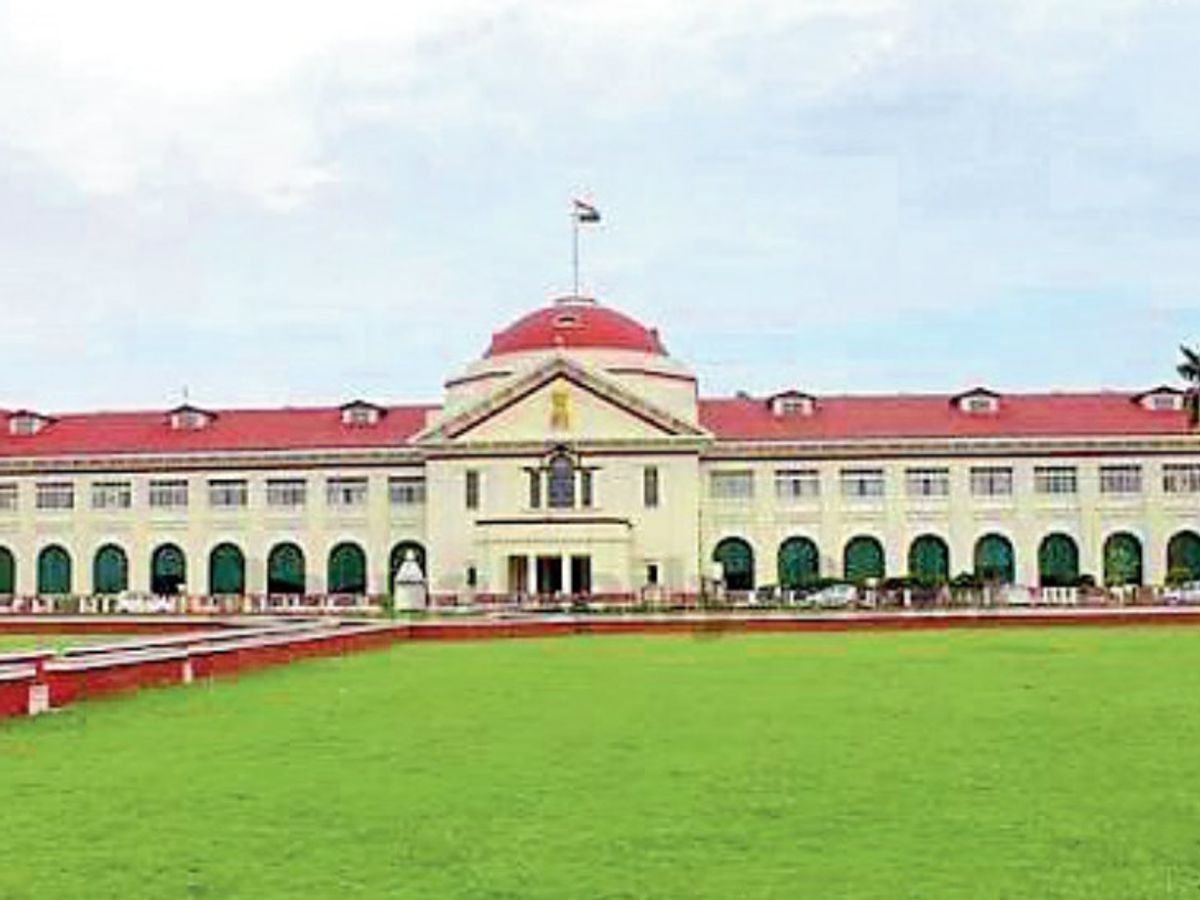CASE TITTLE: Shibjee Pd. Singh @ Shivjee Singh V Manju Devi and ors
CASE NO: CIVIL MISCELLANEOUS JURISDICTION No.1023 of 2017
ORDER ON: 15-01-2024
QUORUM: JUSTICE ARUN KUMAR JHA
FACTS OF THE CASE:
The said petition has been filed for quashing the order dated 20th of April, 2017, passed by learned Sub Judge, Madhepura in Title Suit No. 93 of 2002, by which learned Sub Judge dismissed the application filed under Order VI Rule 1 of the Code of Civil Procedure (hereinafter referred to as “CPC”) for amendment of written statement of the petitioner/defendant.
The fact leading to the present case is that, the case, as it appears from the records, is that the plaintiffs/respondents 1st filled a suit, in which defendant no.1/petitioner appeared and filed his written statement. The basis of the suit of the plaintiffs was an agreement of sale dated 5th of March, 1999, which was denied by the defendant no.1/petitioner. It was submitted by the petitioner that while he was being examined as defendant’s witness on 9th of May, 2016, during his cross examination, learned counsel for the plaintiffs put before him an agreement to sale in question and the defendant no.1/petitioner came to know that this document was different from the stamp paper on which he put his signature and gave it to his brother/defendant no.2, which was for sale of 10 Kathas of land only. Since the agreement to sale, put up before him during cross examination, was different from the document that he has executed earlier, the defendant no.1/petitioner moved an application under Order VI Rule 1 of the C.P.C. for amendment of his written statement. A rejoinder to this application was filed on behalf of the plaintiffs and learned Subordinate Court, after hearing the parties, dismissed the application of defendant no.1/petitioner. The said order is under challenge before this Court.
LEGAL PROVISIONS:
Order VI Rule 1 of the C.P.C, deals with pleadings in genral “Pleading”, shall mean plaint or written statement. Every pleading shall contain, and contain only a statement in a concise form of the material facts on which the party pleading relies for his claim or defence as the case may be, but not the evidence by which they are to be proved.
CONTENTIONS OF THE PETITIONER:
The petitioner through their counsel submits that in order to decide the real question of dispute between the parties and if the Court feels that amendment is necessary, amendment can be allowed at any stage. If the amendment is not allowed, it will cause irreparable harm to defendant no.1/petitioner. Learned counsel further submits that learned Trial Court did not consider the fact that defendant no.1 filed his written statement submitting that he did not make any agreement to sale in favour of the plaintiffs for sale of the disputed land. It was defendant no.2 who made the agreement of sale with the plaintiffs and the plaintiffs asked him to take signature of defendant no.1, as he was one of the share holders in the ancestral land and on saying of defendant no.2 that he wanted money as he was in need of it, so defendant no.2 wanted to sell his share of 10 kathas of land and for this reason, defendant no.1 put his signature on the agreement to sale on first page only. The said agreement to sale was made with defendant no.2 and not with the plaintiffs. For this reason, defendant no.1 denied the agreement to sale between defendant no.1 and plaintiffs and when the agreement to sale in question was put up before him, the defendant no.1 wanted to clarify the facts and wanted to bring the amendment in his written statement on record. The counsel further contended that the aforesaid facts were not considered by learned Subordinate Court.
COURTS ANALYSIS AND JUDGEMENT:
The court on Having perused the records, especially the impugned order, on finding no irregularity or illegality in the impugned order or improper exercise of jurisdiction. The court further observed that, It is on record that the amendment petition was moved after fifteen years when the evidence of the parties, both the plaintiffs and the defendants have been completed and the matter was at the stage of argument. Further, the court observed that the said amendment was made only on the ground that defendants were asked certain questions and some documents were put up before him for his response then only he has moved before the Court for amendment of the written statement, the court further opined that If certain document has come during the evidence being recorded for the defendants and the defendants are confronted with the same, it does not give right to the defendants to amend their pleadings in order to fill up the lacunae in his case. Moreover, the amendment has been moved at quite belated stage and proviso to Order VI Rule 1 clearly bars such amendment after commencement of trial and when no due diligence has been shown. Therefore the court, In the aforesaid facts and circumstances, on not finding any reason to interfere with the impugned order and the same being affirmed. Accordingly, the court dismissed the instant petition.
“PRIME LEGAL is a full-service law firm that has won a National Award and has more than 20 years of experience in an array of sectors and practice areas. Prime legal fall into a category of best law firm, best lawyer, best family lawyer, best divorce lawyer, best divorce law firm, best criminal lawyer, best criminal law firm, best consumer lawyer, best civil lawyer.”
Judgement reviewed by:Sowmya.R


